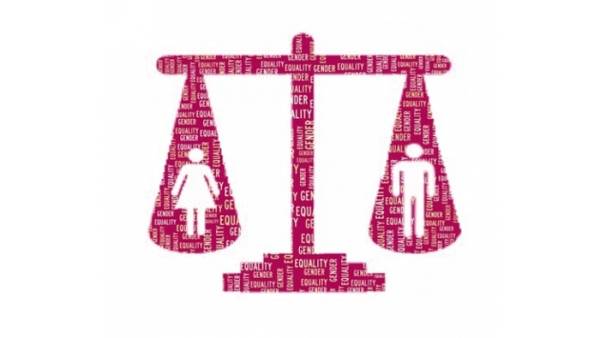The Gender Gap Index 2015 ranked Pakistan second from last among 145 countries in terms of prevalence of gender based disparities; the Index measures national gender gaps in economy, politics, education and health. The abusive treatment of this demographic majority is often attributed to illiteracy and patriarchal mind-sets, which cannot be fixed immediately. What can be rectified is that physical abuse be liable for state punishment, law and order is maintained such that women can be safe in Pakistan (especially in public places), and that economic benefits to women who work are the same as those given to men.
While it will take a long time to convince many in our country that men and women are equal as humans, at least the state can make sure that regardless of gender (or religion or ethnicity), salaries and wages are not discriminatory. In this vein, an interprovincial moot has developed a roadmap to minimise the gender wage-gap, which it said stood at 36% to 10%, in the next three years, moving a step closer towards implementation of the 27 UN Conventions on human rights. The decision was taken at the 12th meeting of the Treaty Implementation Cell (TIC) in the Ministry of Commerce, which was chaired by its Convenor and Attorney General of Pakistan Ashtar Ausaf Ali.
Though it would be ideal to have wages equalise immediately, a three-year plan is more practical and corporations can slowly fall into line. However, the fact is that much of our economy is informal. Contracts are often not signed, or not enforced. This leaves much of the female population outside the ambit of any new laws that could protect them. While it will take time to make informal sectors come under the government’s radar so that they can be measured and taxed, it is encouraging to see that at least there will be some executive or legal framework for fair wages, and that government is acknowledging that improving human rights is an important objective.






